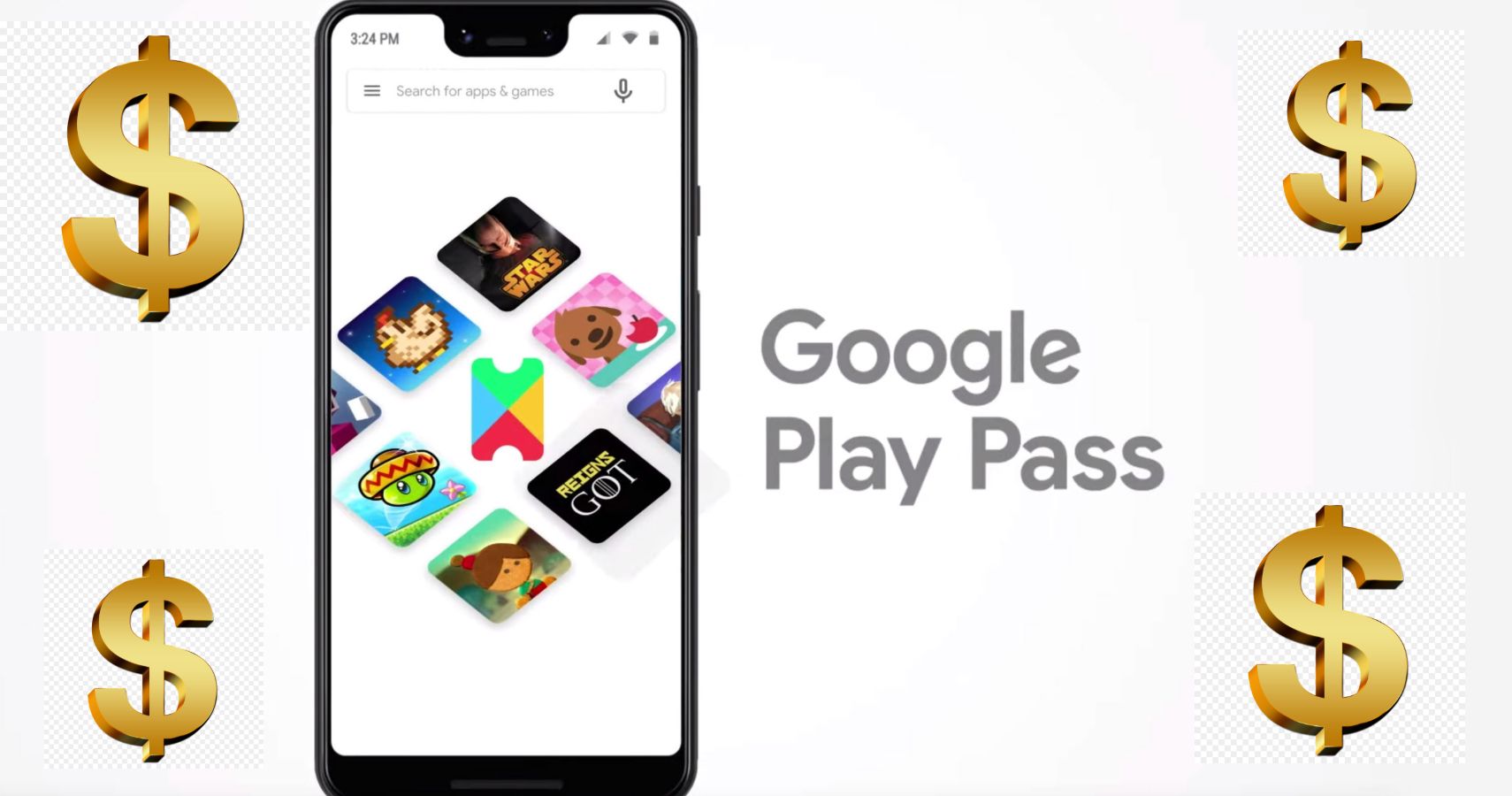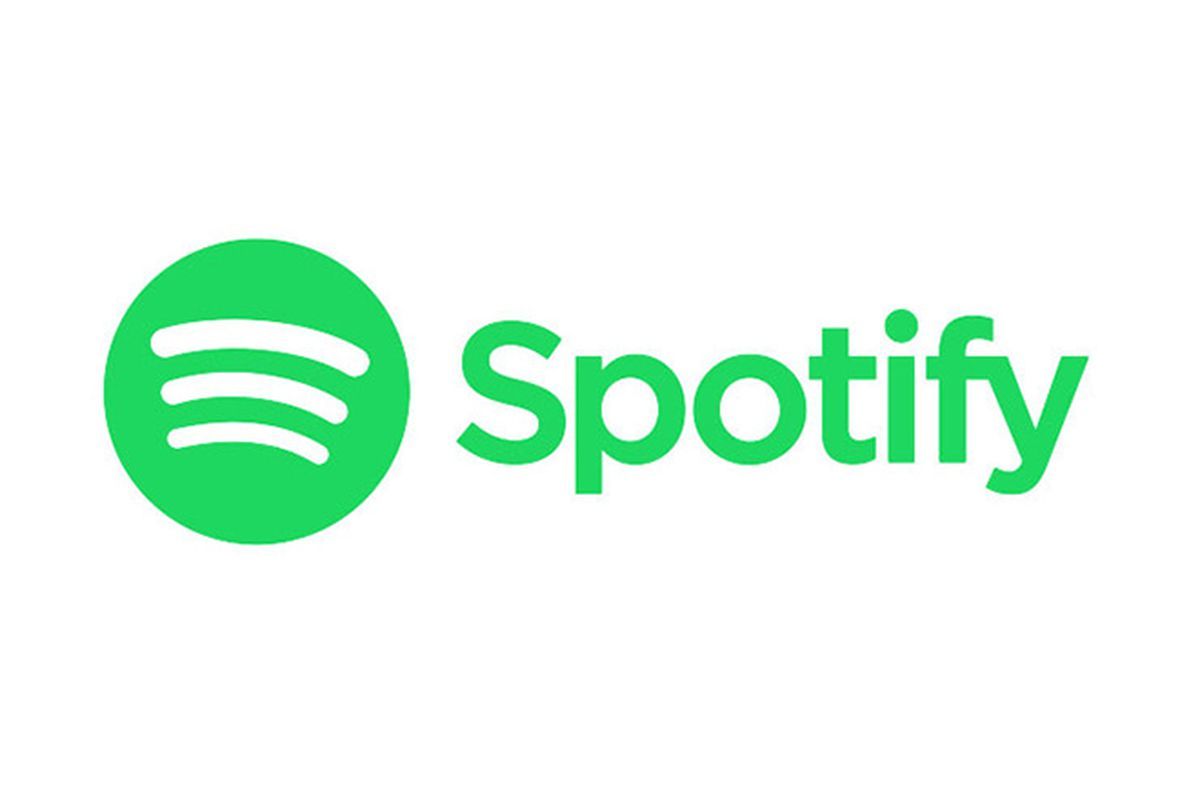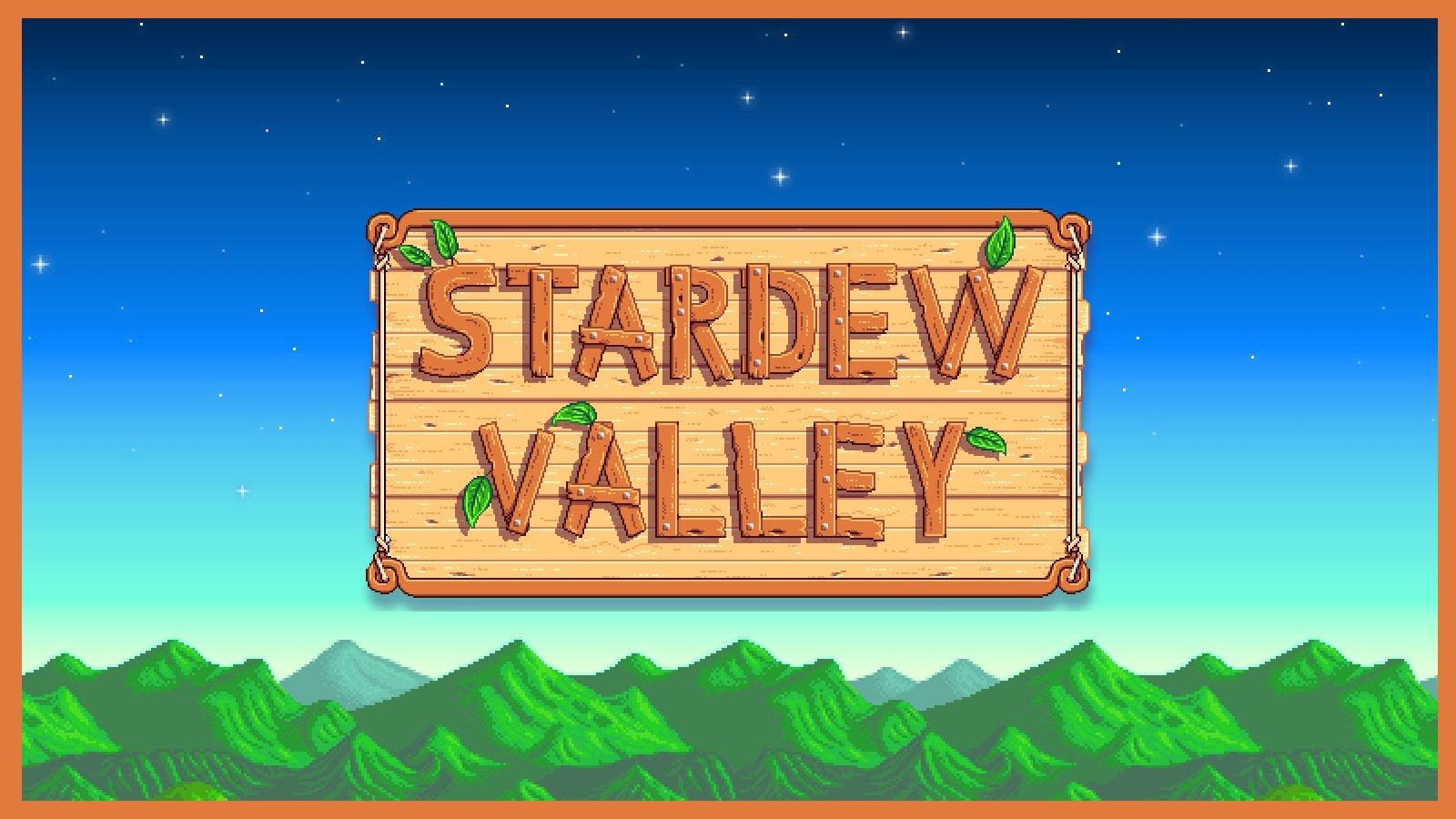Following the launch of Apple Arcade, Google has formally announced their own subscription service with the Play Pass. Each is a subscription-based service that will cost $4.99 per month and offers its users access to a broad catalogue of games and apps without ads or in-app purchases.
The subscription model for accessing a library of games is not new. Sony, and Microsoft have offered something similar for years, but this is the first time that such a service has been tailor made for mobile devices. While the subscription service is likely to be a great deal for consumers, developers are raising concerns about the royalty model that will compensate them for providing unlimited access of their games to users.
Right now, Google states that, “Developers earn a royalty that incorporates time subscribers spend in their app and captures how users value all types of content (from weather apps to epic endless runners)”. In addition, the royalty model will be under continual observation for refinement. This has some developers pointing out that the model is similar to streaming services like Spotify, which is not a good thing.
Spotify has been under fire for years by artists due to its system of compensation based on aggregate song plays. This means that artists are compensated for repeats of their content, and this encourages the creation of tracks that users will listen to over and over. Longer tracks that are listened to less frequently, but may require more effort, receive less compensation as a result, even if the same number of people listen to a song in a given period of time.
When putting this type of model to mobile game developers for the Google Play Pass, developers will receive more revenue for games that can keep players invested for the longest period of time. As a result, shorter games with less replayability will earn far less than those that can be played over and over again, or that have long-term progression, like Stardew Valley, for example
A few examples of shorter games that are brilliant, but lack replayability, are Sword & Sworcery EP, Beholder, and The Room series. Once those games have been played once, or at most a couple of times, there is often little reason to return to them, and they will receive less revenue as a result under this current pay model.
While the subscription model is a great step in the direction for consumers to find quality titles and avoid poorly made re-skinned games, obvious clones, and games filled with pay-to-win mechanics, the long-term effect is going to drive developers not to make great games that are short, or meant to be played with an end in mind, but more towards genres that provide replayability.
This is an issue that Google should address as soon as possible, because a certain amount of the success of the Play Pass is probably tied to users who want access to a broad range of games. Doing nothing will only drive developers to create different games than what exists right now, and no one wins in that case.
Source: ca.ign.com



